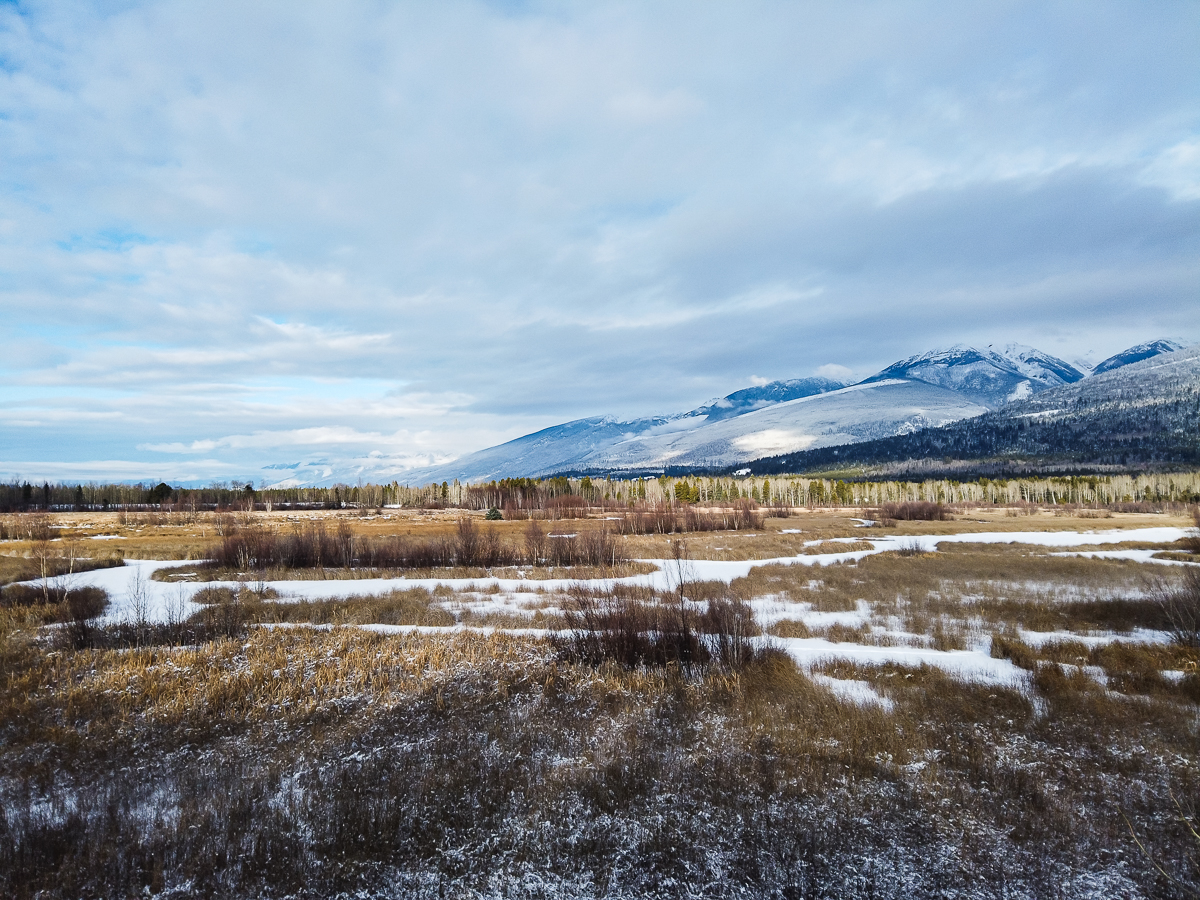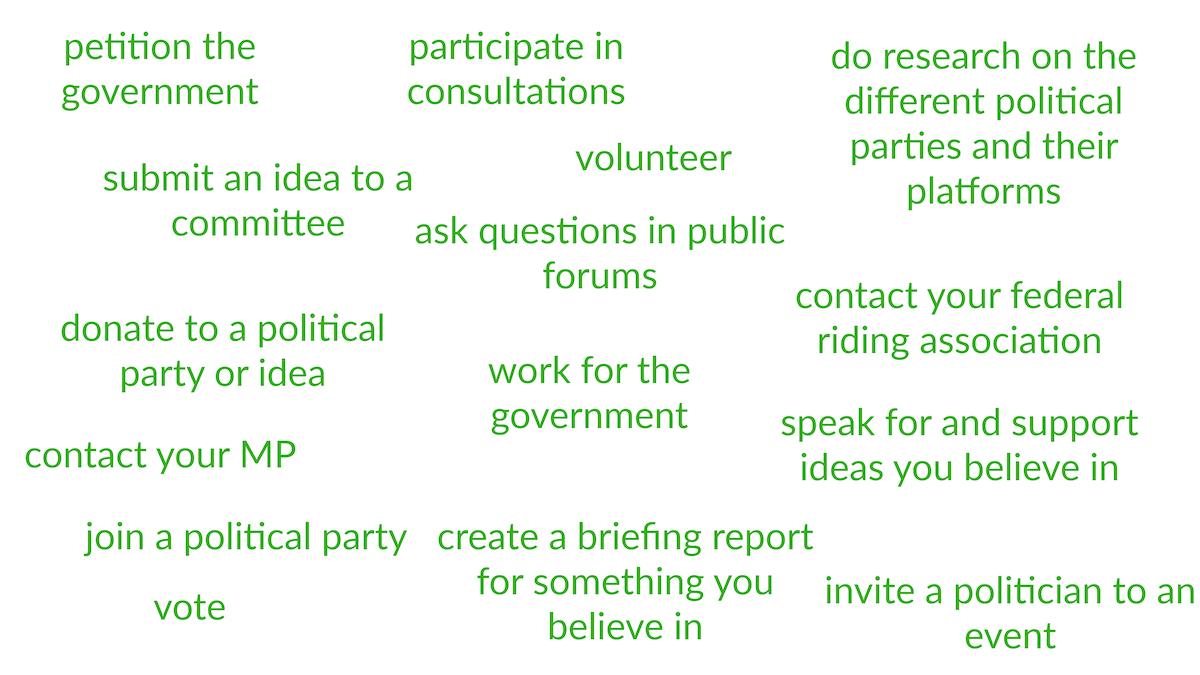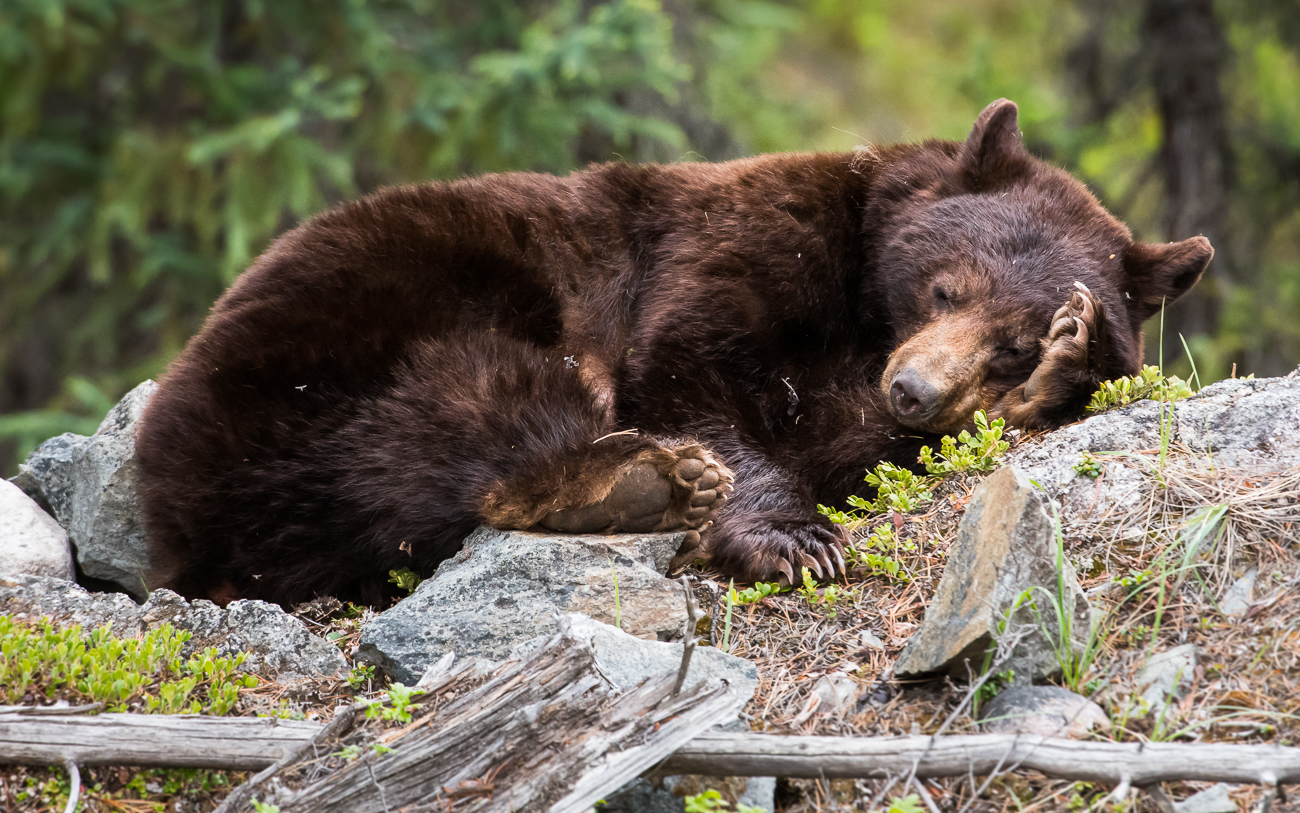Here’s How
Chapter Five
Stewardship is a word with many definitions, but no matter how it’s defined, at its core, it’s an ethic that embodies thought and care when making decisions big and small that affect both people and nature.
What does that look like? What is good stewardship?
 “We see it when people take action locally to protect green spaces in their cities. And we see it when they’re contributing to international campaigns to protect nature. That is necessary both to inspire each other to act, but also to make sure that it adds up to something at scale.”
“We see it when people take action locally to protect green spaces in their cities. And we see it when they’re contributing to international campaigns to protect nature. That is necessary both to inspire each other to act, but also to make sure that it adds up to something at scale.”
David Cooper has helped lead the United Nations’ Secretariat on the Convention on Biological Diversity, coordinating global efforts to help better steward our biodiversity.
“It’s estimated that, across the world, we’ve reduced the extinction risk by about 30% through conservation actions that have been taken. That has not been enough to override the increased pressures that we have had as human beings on the planet.”
It’s why David is using science to help create international consensus around what more can and should be done to protect biodiversity.
It’s a process that began with the UN’s Earth Summit in Rio de Janeiro in 1992 and has continued through multiple conventions, including 2022’s COP15 in Montreal.
The Aichi Biodiversity Targets that were adopted by nearly 200 countries as part of the 2010 convention pledged to protect 17% of the planet. The Montreal convention pushed further, with countries ratifying a new global target of 30%.
As David explains, “The targets are broadly aspirational at the global level. We don’t, under the present system, have sanctions for countries that do not meet targets.”
Without that enforcement, why have global goals for biodiversity stewardship at all?
 David says, “Internationally agreed targets can be a focus for action. Individual governments, individual countries are perhaps more likely to act if they see others acting as well. That’s partly just due to peer pressure, but it’s also the feeling that, ‘if I’m going to take action, then I want to see my neighbour also taking action’. And, so, that’s one of the reasons why international cooperation on this issue is important.”
David says, “Internationally agreed targets can be a focus for action. Individual governments, individual countries are perhaps more likely to act if they see others acting as well. That’s partly just due to peer pressure, but it’s also the feeling that, ‘if I’m going to take action, then I want to see my neighbour also taking action’. And, so, that’s one of the reasons why international cooperation on this issue is important.”
The other reason? David believes international goals give us a measuring stick with which to understand “how each country is doing and how (their actions) add up against the global targets. Do we need to increase the ambition through a regular review process? And that’s being explored under the Convention on Biological Diversity.”
Is there ambition to increase our targets for biodiversity?
“There is a lot of discussion, yes, about increasing from the present targets of 30% to, perhaps, eventually 50%.”
Whether you agree or not that our global ambition has fallen short, met or gone too far in addressing the science of biodiversity, there is something we need to realize about global treaties, as David reminds us.
“In terms of the success of global treaties? We’ve seen variable success. We will look to learn from the lessons of both the successes and the failures of earlier targets.”

Which is why good stewardship is often just good citizenship – it’s making thoughtful decisions as individuals, and as a national society, that can aid biodiversity everywhere.
As long-serving BC cabinet minister Mike Farnworth tells us, “You can make a difference.”
We can use local scientific research and traditional knowledge to understand what needs to be done for biodiversity here at home and then do our part to weigh that information alongside our nation’s ethics, economics and politics to make better decisions.
How?
“There’s the legislative, there’s the judicial, there’s civic society: All of these have a role to play. I think the more people understand them, the more people understand how they relate and interact with each other, the better we’ll appreciate our democracy.”
Mike’s right.
When we understand and appreciate our democracy, we realize the very different ways good stewardship can be advanced: Though political parties and elections, we can legislate new laws; through awareness raising and lobbying, we can advocate for new ideas; and through innovation and market economics, we can shift consumer habits and policy-making.
Which path is the best path? Well, our former prime minister, Kim Campbell, argues politics isn’t just a powerful tool, but “is the only force for good, in a way.
“By saying that, I don’t mean that civil society and voluntary organizations and individual acts of virtue are not important. They’re very important. But at the end of the day, the policies that we live by, the rules that we live by – and I think rule of law is so important – are made by those to whom we give the responsibilities to govern.”
Donn Lovett agrees.
“Your future depends on what people are doing in politics today. Your rights, your freedoms, your movement? It all depends on what politics does today.”
Donn’s a seasoned campaign manager and has navigated political backrooms for his entire life – mostly with the federal Liberal Party.

Donn continues, “Whether you like it or not, that’s how laws get made. So how do I influence that? I influence it at every level – at the school board level, the municipal level, the provincial level, the federal level – by being involved, by having an impact, by writing policy, by pushing that policy forward, by compromising on the policy.”
It’s about now, Donn knows, most people roll their eyes and say the political process is pointless – that nothing ever changes.
“’My vote doesn’t matter; why should I get involved; nothing changes’. Well, all of that is true if you don’t do anything about it.”
Political leader Mike Farnworth takes it one step further.
“Politicians and public policy makers pay attention to people who vote. Because if you don’t vote, then why should they listen to you? But if you do vote? They have to listen to you.”
Sam Sullivan is Mike Farnworth’s political opposite, but on this point they agree – with an important caveat.
“It’s really good for every citizen to be involved. But voting is, like, the minimum, you know? You should definitely vote, but that’s a pretty low standard. There’s so much more that is needed in the political process. This is a very serious issue of governance and that comes about through long processes. And the citizens that get involved and help parties, help candidates that they think represent their views, do the hard work of door knocking and persuading friends and family? That’s what actually ends up changing governments.”
Ilona Dougherty, founder of Apathy Is Boring, echoes Sam’s point, reminding us there are so many ways to impact the political process beyond the ballot box.

“Join the youth wing of a political party; join a youth advisory council – a local MP’s youth council or your local city council’s youth advisory council. Any opportunity that gets you involved in politics? You’re going to have more impact than if you just stay engaged outside of the system.”
That sounds overwhelming, but Donn Lovett says start by asking yourself:
“What’s most important to you? If it’s the environment, then how am I going to make an impact on the environment? Who is my alderman? Do I know who my alderman is? Do I know what they believe? Who is my member of the legislative assembly? What is their name? Who is she? Who is he? Federally – who are they?”
Once you do that, Donn adds, “Choose a person who reflects who you are because then you can contribute and give to that person. That’s how you’re going to create change.”
Of course, in this country, by supporting an individual, we usually have to support their party as well. And that’s not something a lot of us are keen to do. But the former conservative mayor of Vancouver, Sam Sullivan, says we need to get over that.
“Government and politics is a team sport. You have to work with others and, in order to do that, you basically submerge some of your interests to get other interests (advanced). And it’s a real compromise. And it’s not easy. But it’s life.”
Liberal Donn Lovett agrees.
“Becoming involved with a party that you choose to align yourself with philosophically is really the only way of getting a policy put into law.”
 It might be an overstated cliché, but it’s true: Decisions are made by those who show up and, right now, beyond voting, very few people are engaged in our democratic process. That’s a problem, according to political science professor Dr. Will Greaves.
It might be an overstated cliché, but it’s true: Decisions are made by those who show up and, right now, beyond voting, very few people are engaged in our democratic process. That’s a problem, according to political science professor Dr. Will Greaves.
“It leaves that role to a really small, self-selected group of people across all parties and that is a limitation in our democracy right now. That’s a short coming in our democracy right now.”
In other words, we need to engage with political parties, even if we don’t love them.
Will adds, “You don’t have to necessarily like the partisanship, or be a blind partisan, to recognize that these are institutions that are really, really important to how our system operates. And if you’re a young person who is concerned about any issue really, and is really dedicated to trying to affect some positive change on that issue, engaging not only in the political process, but the party process is a powerful vehicle to do that.”
Don’t roll your eyes, Will says!
“It sounds kind of dry or technocratic, but that’s where so much of the action is. And we’ve seen this – we’ve seen the youth members and the youth wings of various Canadian political – where they absolutely shift the needle in terms of their (party’s stances) on issues of major public policy importance to this country.”
Donn Lovett offers an example.
“Our environmental policy came from students at Western Canada High School. A group of students, an environmental club, we met with made such perfect sense that we adopted their policies and promoted their policies in a provincial election. And we won the election. So, now we can take their story to Edmonton, to the legislature, and incorporate it in the policy of the party.”
For these reasons, Donn adds, “The opportunity exists at the municipal, provincial or federal level to get involved. But they have to get involved because otherwise I don’t want to hear about (their concerns).”